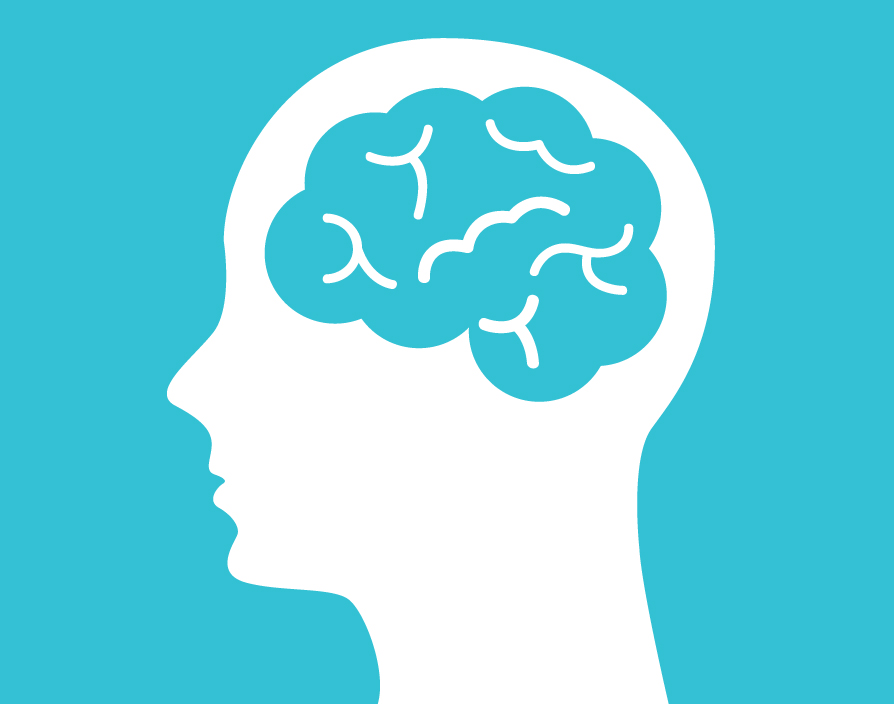I’m a businessman. I’m also an emotional, sensitive person. But I haven’t always been able to admit to those things, or reconcile them. I first experienced what I now understand to be depression as a teenager and distinctly remember those feelings of hopelessness and insecurity. So although I’ve always been highly focussed and driven when it comes to succeeding in business, I’ve always had somewhat depressive elements to my personality. But startup life is what made me realise how a mental health issue can spiral beyond your control and become all-consuming.
Running your own business is an enormous source of pleasure and pride. It can be also be intensely demanding and stressful. I certainly didn’t anticipate what I now describe as the mental marathon of establishing a company. You pour everything you have into it – including your money and energy – and the pressure that hangs on its success can be overwhelming. It certainly began to overwhelm me. I started to find myself lacking passion and instead of being energised by my work, I was going to bed each night feeling stressed out. I began to struggle to focus on the work itself: tasks mounted, becoming less and less manageable. My mental health was spiralling out of control and I started to break down, frustrated and exhausted.
The real problem at that point was my own preconception – one that many people, particularly men, share – about what a strong businessperson should look like. My family and friends recommended that I got professional support but that just didn’t fit with my vision of a successful businessman. I thought that would be a form of vulnerability as an admission of weakness – even failure.
Only much later, after a great deal of private suffering, did I finally do what I should have done all along: I sought professional help through a therapist. This prompted an insight that changed everything for me. Had I understood how my brain works – when it needs a break and how it deals with stress – I wouldn’t have hit the rock-bottom. The brain requires just as much tuning and care as the body to stay healthy but I’d been running a mental marathon without having trained my brain for it. It was a revelation that led me to create Remente: an app that helps people to train their brains to handle the stress we all face daily.
And my experience is by no means rare. It’s well-documented that mental illness is a leading cause of work absences in Britain and a study by YouGov and the charity Business in the Community revealed that 77% of British employees have experienced symptoms of poor mental health at some point in their lives.
However, workplace culture isn’t always geared up to support people experiencing mental health issues. In a study Remente just co-authored with employee-analytics platform Peakon, we found that less than 40% of managers feel appropriately equipped to deal with mental health issues experiences by their team. And in some workplaces, attitudes to mental wellbeing can be counter-productive and out of date. For example, people struggling with mental health can be seen by some as being weak, lazy, or less capable. What employers should consider instead is that talented employees burning out from stress is both foolish and avoidable.
Compare this to companies in Sweden – where our head office is based – that tend to be more attuned to the small but very effective steps that employers can take to improve workers’ mental wellbeing. At Remente, as in an increasing number of other Swedish companies, the whole team meditates together daily. This helps us to increase focus better, boost productivity and create a sense of calmness in the office.
But often the biggest obstacle people face when it comes to getting the support they need at work is their own reservations about exposing what they think colleagues might perceive as weakness. Creating confidential, safe channels for workers to be open about their mental wellbeing is the first step to fighting the silent enemy of productivity that is mental ill health.![]()
Share via:


















































